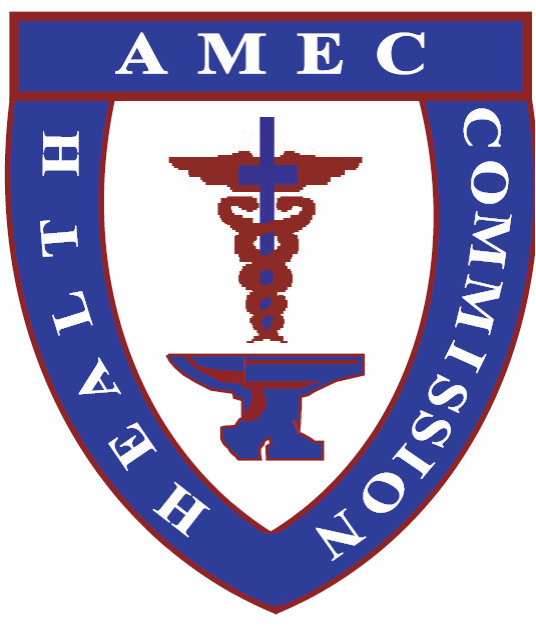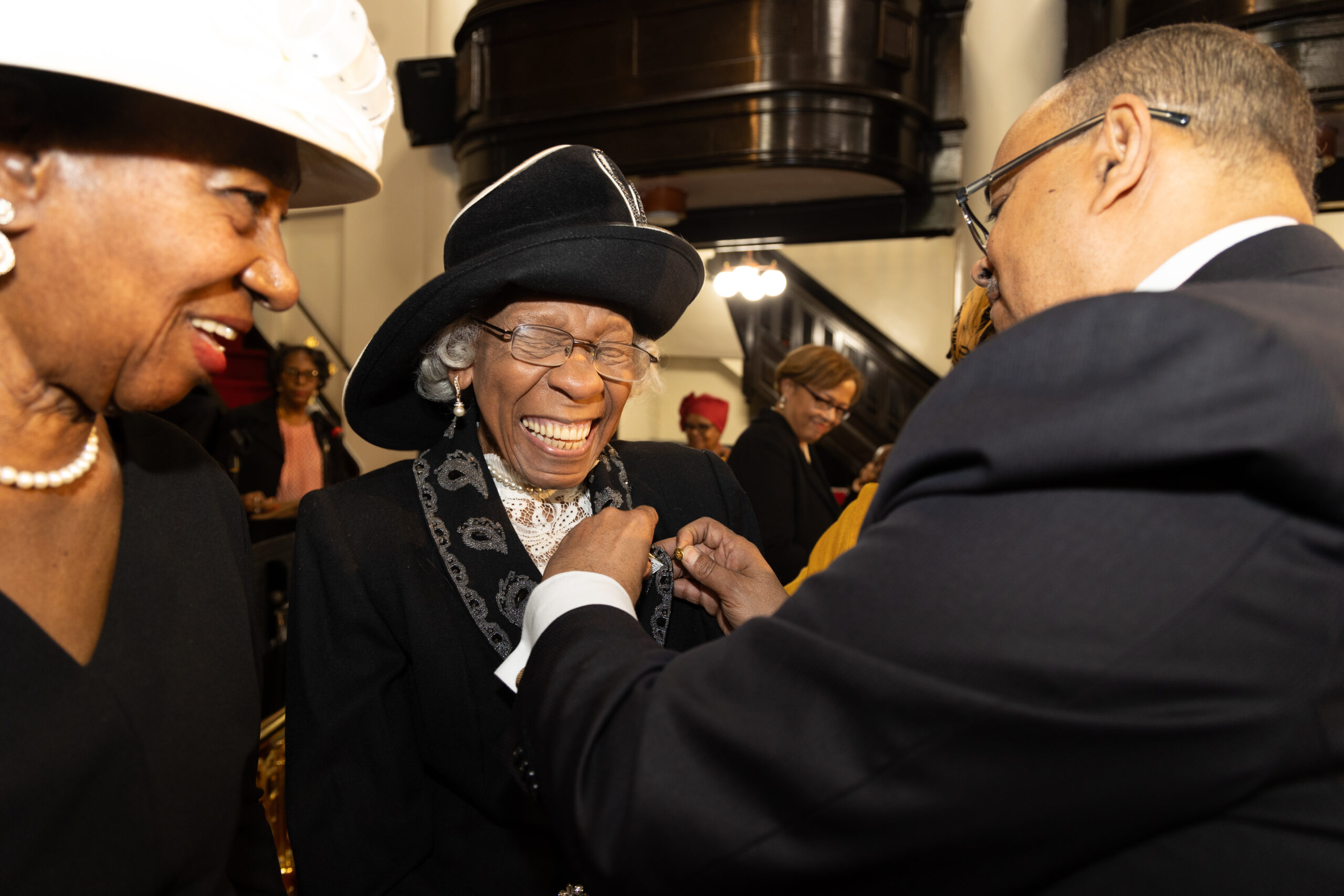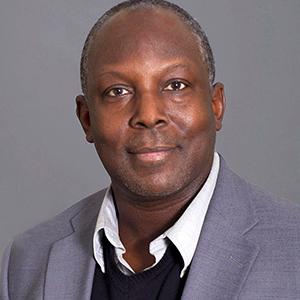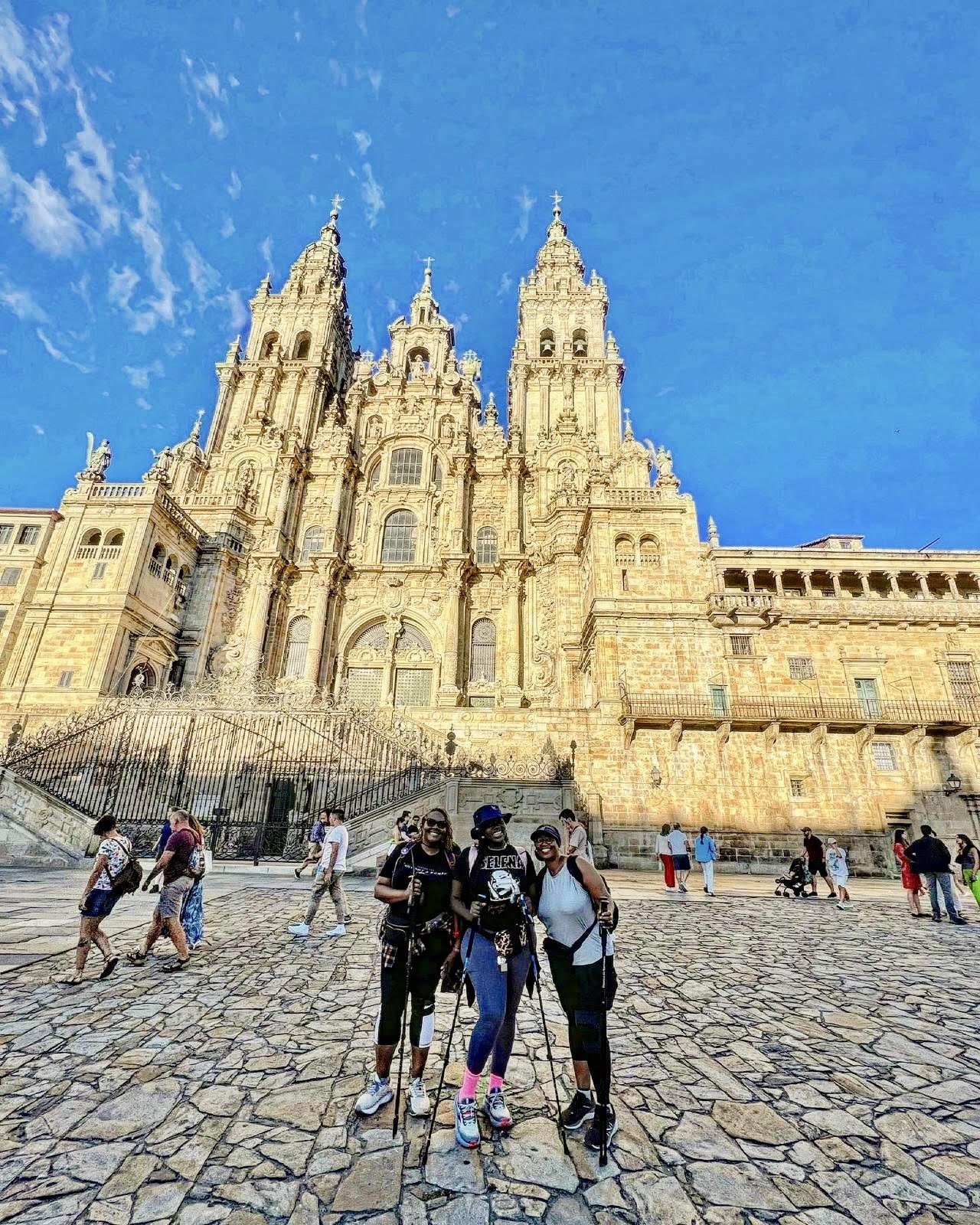The Black Church in the 2020 Elections: Who Speaks? Who Cares?
Since November 9, 2016, and the (at the time) improbable election of the incumbent 45thpresident of the United States, Democratic partisans and pundits have asked themselves, “Who will run in 2020?” With the most expansive field of candidates since 1988, the Democratic primary is not only a crucible for the eventual nominee but also a forum on the future of the Party’s direction and politics in the United States as a whole. African Americans are the bedrock of the Democratic Party, with African American women consistently being its most loyal demographic. According to CNN 2018 mid-term election exit polls, 92% of African American women voted for Democrats.
Despite this strong support, the Democratic Party has been repeatedly taken to task for not strongly advocating for policies benefiting the African American community and not consistently promoting Blacks into substantive positions of leadership. Both concerns have been laid bare in this primary season as candidates have trotted out a plethora of initiatives speaking to the core of Black concerns from reparations to healthcare to criminal justice and beyond. Most of the major campaigns have Black staff in key positions. Candidates know that they must earn the Black vote in 2020 if they have any chance of entering the Oval Office.
If the African American vote is the core of the Democratic Party, then the institutional Black Church is one of the reliable keys to tapping this base. However, who speaks for the Black Church? One of the hallmarks of President Obama’s 2008 campaign was the relationship he built with African American clergy. The progenitor of this strategy was Joshua DuBois, the son of an AME pastor. This engagement would carry on through his presidential administration as the African American faith community had unprecedented access to the White House and the Executive Branch. Nevertheless, some characterized the relationship as one-sided with the administration viewing the Black Church as a privileged interest group and not as a policy-making partner.
The 2020 Black Church landscape is far more complex. On the one hand, the current administration has largely sidelined the “traditional” Black Church for Black preachers on the conservative political and theological fringes. On the other hand, several African American clergy leaders, responding to the critiques of the Obama-era engagement, have organized into the “Black Church Political Action Committee” (PAC) to formally-engage in endorsements and other activities. Combined with the lesser-known but proven local and regional voices representing congregations and denominations, the voice of the Black Church is a complex cacophony of voices with only one clear message, “Listen to us!”
The candidates have attempted to engage the Black Church in performative and substantive ways. Many of the candidates have visited Mother Emanuel AME Church in Charleston, South Carolina, with several of these visits happening after mass shootings. The Black Church PAC hosted a forum in tandem with the Young Leaders Conference in Atlanta, attracting six candidates for extended conversations with a largely under 40 crowd. As the field winnows, some candidates have openly embraced a robust strategy of substantive engagement with multiple African American faith leaders and communities. Others have struggled—or not viewed the necessity— to develop an inroad with the Black church beyond superficial Sunday morning pop-up church visits. We must be wary of the candidates who are happy to drop by to glad-hand parishioners on Sunday, but are unavailable for dialogue during the week.
The primary season is well underway and there will be opportunities for Democratic candidates to engage with the African American faith community beyond Sunday morning call-ins and community roundtables. The AME Church should be mindful that while the Black Church, as an institution, is still viewed as key to elections, we must be clear on what makes our voice stand out. While efforts as the “Black Church PAC” look promising, we must be clearer as the Connectional Church to have a strategy to impact the 2020 election lest we find our voices subsumed to aid the desires of others. We cannot take for granted, nor allow others to take for granted, our unique history in voter engagement, mobilization, and education. Visiting our churches is great but earning our vote is required to build a better America.





